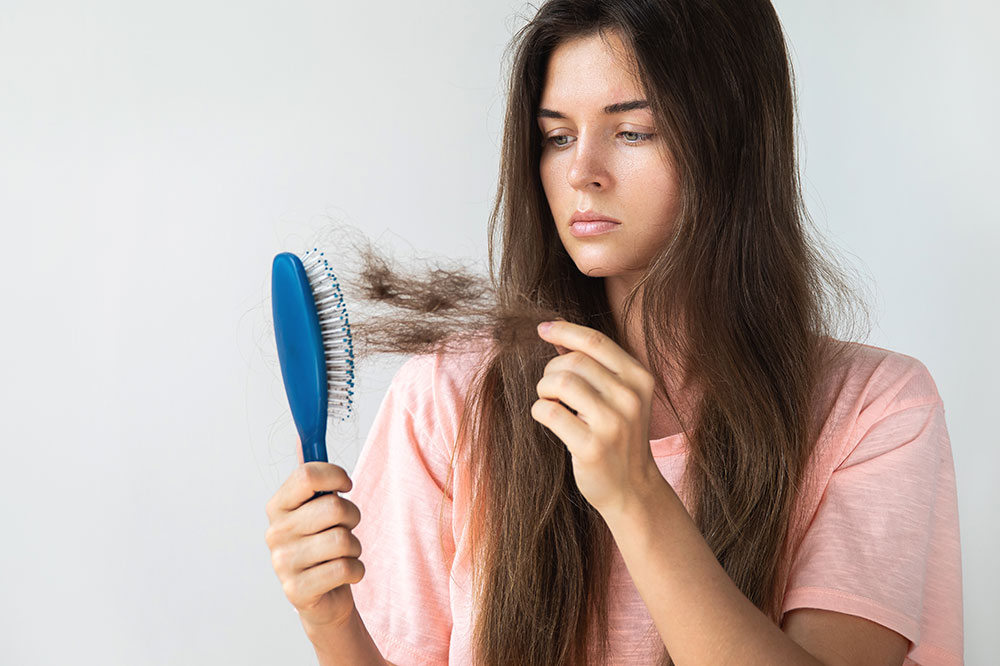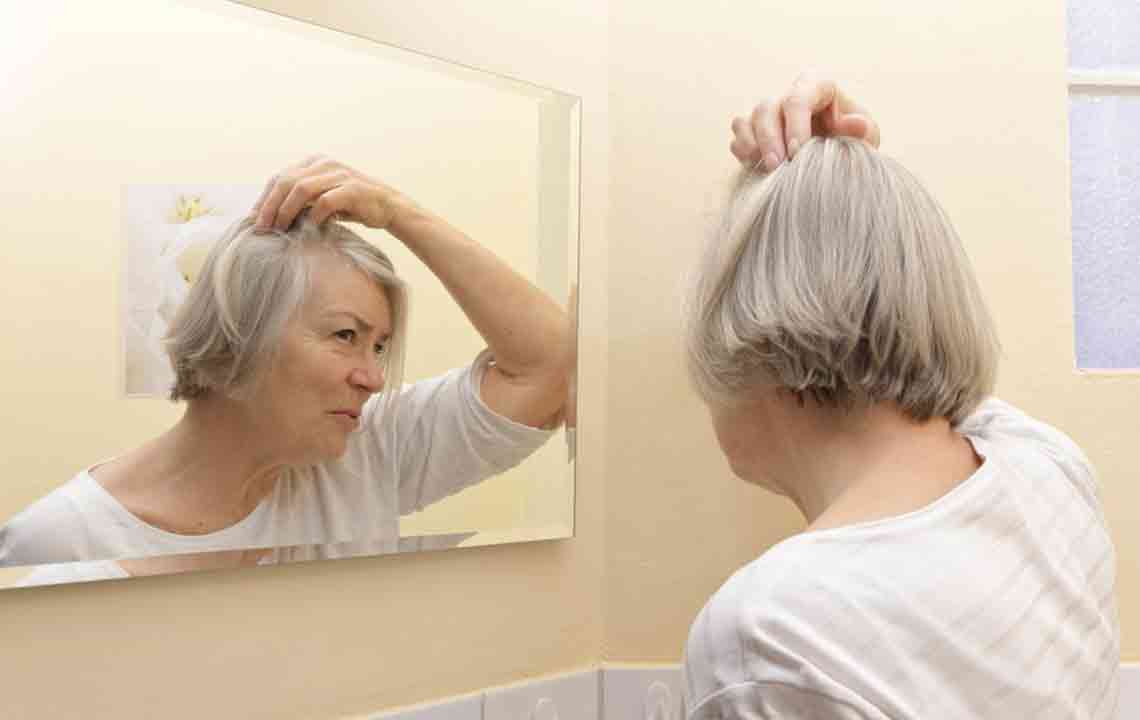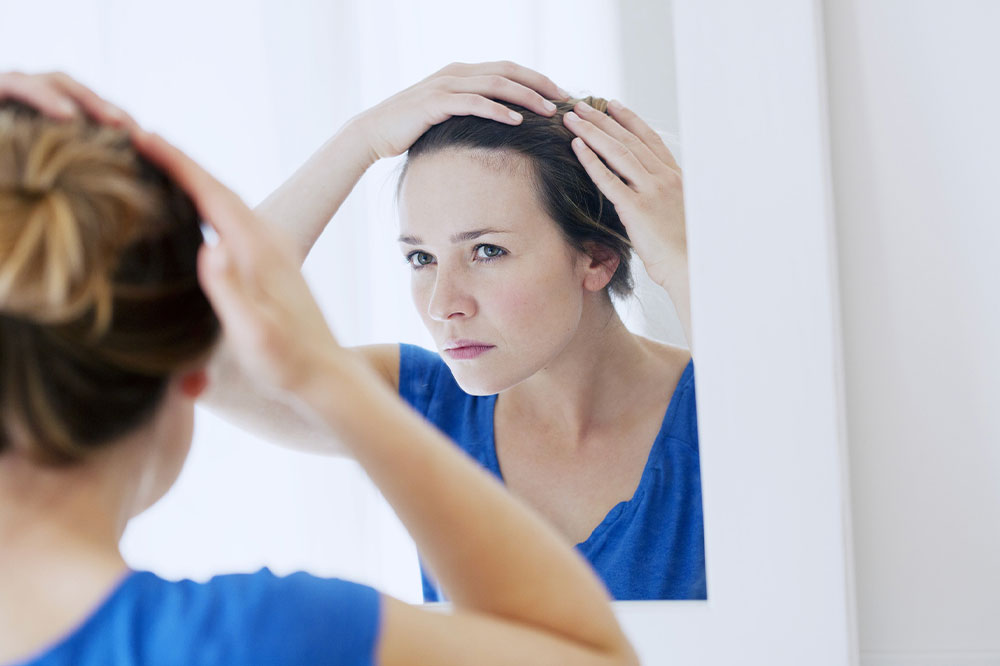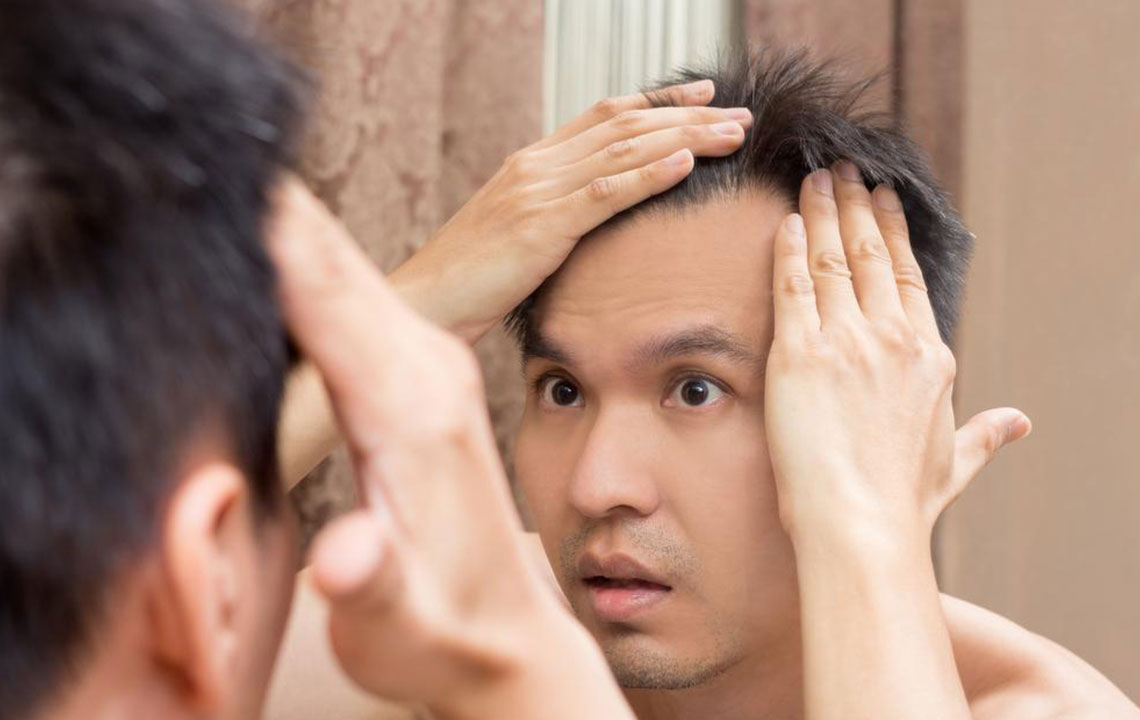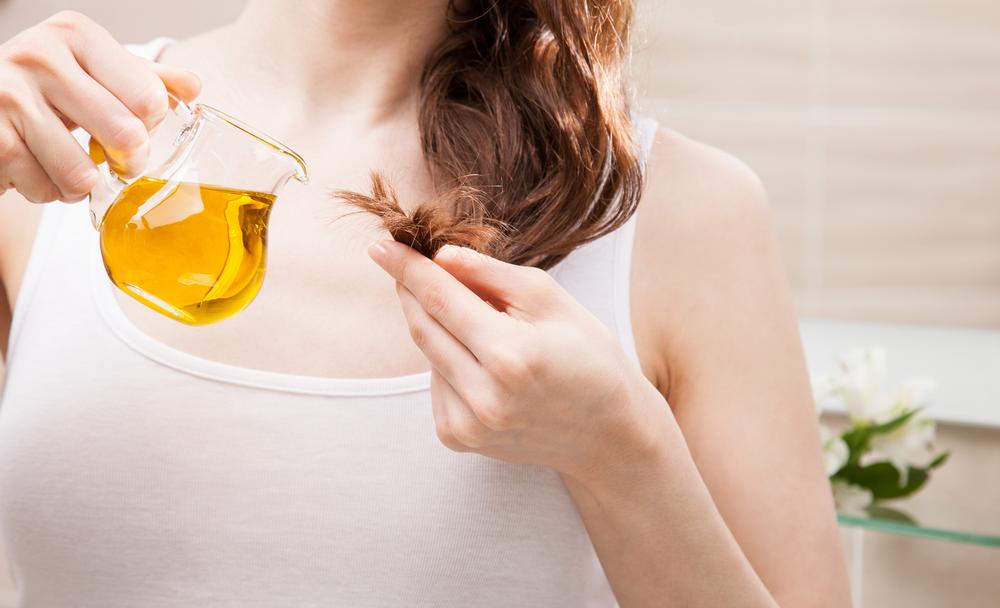Proven Methods to Prevent and Treat Hair Thinning Effectively
This comprehensive guide explores effective strategies to prevent and treat hair thinning, including dietary tips, natural remedies, medical options, and lifestyle modifications. Discover how to strengthen hair, address hormonal imbalances, and improve scalp health for fuller, healthier hair. Suitable for those experiencing hair loss concerns, this article provides practical advice backed by scientific insights to boost hair vitality and confidence.
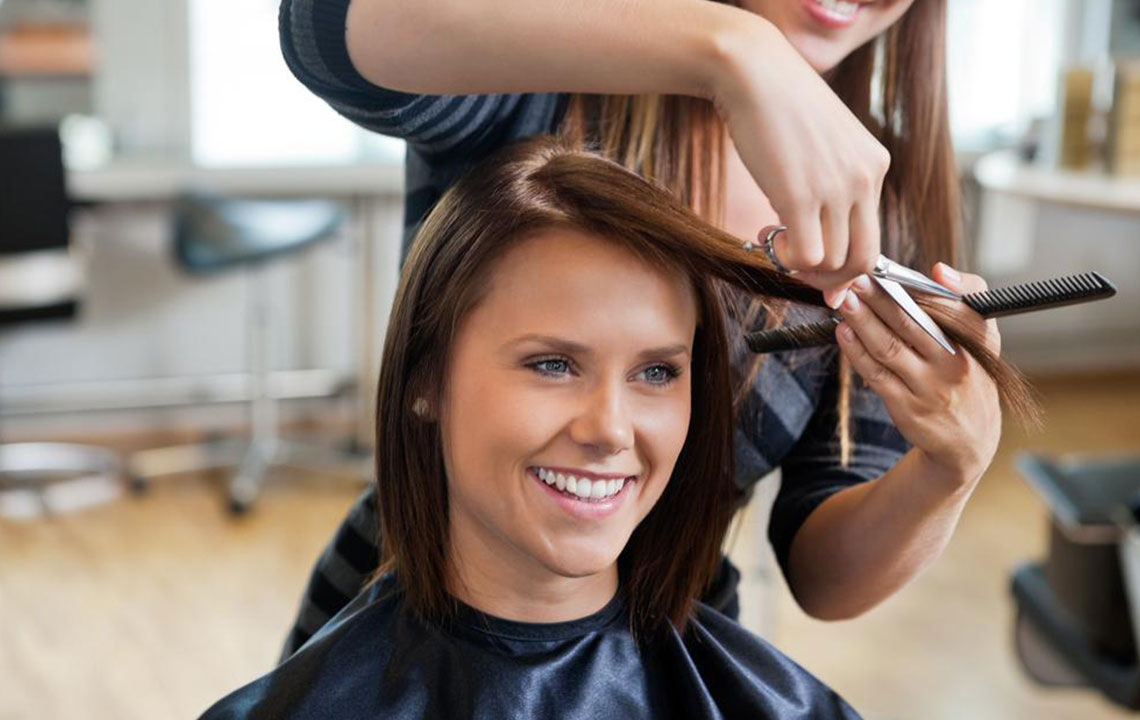
Proven Methods to Prevent and Treat Hair Thinning Effectively
Hair thinning and hair loss, medically recognized as alopecia, are widespread issues affecting millions of people worldwide, regardless of age or gender. The health of our hair is intricately linked to numerous factors, including genetics, lifestyle choices, hormonal health, and overall wellness. Understanding the mechanisms behind hair growth and recognizing the causes of thinning hair are essential steps toward adopting effective solutions. In this comprehensive guide, we explore the causes of hair thinning and provide in-depth strategies to combat this common concern, helping you restore confidence and hair vitality.
Hair is primarily composed of keratin, a tough protein that is produced within hair follicles located deep in the skin. These follicles are responsible for continuously generating new hair cells, which push out older, dying hairs in a natural cycle. Hair growth follows three main phases: the anagen (growth phase), the catagen (transition phase), and the telogen (resting phase). Disruptions in this cycle can lead to thinning hair or premature shedding. Factors influencing this disruption include hormonal imbalances, genetic predisposition, poor nutritional intake, and external stressors.
Among the prominent causes of hair thinning are hormonal fluctuations, especially in women experiencing menopause or pregnancy, and in men with androgenetic alopecia. Genetics play a substantial role, with a family history often indicating higher susceptibility. Lifestyle factors too contribute significantly — poor diet, stress, and unhealthy habits can compromise hair health. Moreover, medical conditions such as thyroid disorders, diabetes, iron deficiency anemia, and eating disorders can accelerate hair loss or thinning. External practices like frequent chemical treatments—bleaching, dyeing, perming—and excessive heat styling cause structural damage, weakening hair strands and increasing breakage.
A balanced approach combining dietary, medical, and lifestyle modifications is vital for managing and preventing hair thinning. This detailed guide covers the various underlying causes and presents effective, evidence-based remedies you can incorporate into your daily routine for healthier, thicker hair.
Stress remains a major contributor to hair thinning and loss, especially in today’s fast-paced society. Chronic stress triggers hormonal changes that can accelerate hair shedding. Similarly, nutritional deficiencies, particularly lacking in iron, zinc, proteins, and vitamins A, D, and E, impact the quality and resilience of hair fibers. Ensuring adequate nutrient intake is crucial for hair regeneration. Overuse of hairstyling products or hot tools causes scalp buildup and follicle damage, hindering healthy hair growth. Smoking and certain medications also speed up hair loss, owing to their adverse effects on blood circulation and follicle function.
To effectively address hair thinning, consider the following comprehensive strategies, which encompass lifestyle modifications, medical treatments, and natural remedies:
Prioritize a nutrient-rich diet: Consume foods high in iron, proteins, biotin, zinc, and vitamins. Leafy greens, nuts, seeds, eggs, and lean meats support robust hair growth.
Incorporate omega-3 rich foods: Regular intake of fatty fish like salmon, mackerel, and sardines supplies essential nutrients that promote scalp health and hair strength.
Practice scalp massage: Gentle massaging of the scalp increases blood circulation, stimulating hair follicles and encouraging growth. Use essential oils such as rosemary or peppermint for added benefits.
Limit harsh styling procedures: Reduce the frequency of bleaching, dyeing, perming, and consistent use of heat styling tools. When styling, opt for gentle techniques and protective products.
Consider topical treatments: Minoxidil is an FDA-approved topical solution that stimulates hair follicle activity and can slow or reverse thinning. Consult a dermatologist for personalized guidance.
Use natural remedies: Aloe vera gel soothes scalp irritation and reduces dryness, promoting healthier hair. Egg masks provide proteins and sulfur necessary for thickening hair strands.
Address dandruff and scalp conditions: Persistent dandruff weakens hair and leads to shedding. Seek medical advice for effective scalp treatment options.
Take multivitamins: Supplementation with multivitamins tailored to hair health can fill nutritional gaps, especially during deficiencies or increased stress periods.
Eliminate smoking: Quitting smoking improves blood circulation, enhances nutrient flow to hair follicles, and greatly reduces hair fall risk.
Manage stress effectively: Practices such as yoga, meditation, and regular exercise help lower stress levels, positively impacting hair health.
In addition to lifestyle adjustments, consulting a healthcare provider or dermatologist is advisable for personalized diagnosis and treatment plans. Advanced options like platelet-rich plasma therapy (PRP), hair transplant procedures, and prescription medications can be considered for severe cases of hair thinning. Overcoming hair loss requires patience, consistency, and the right approach, but with these comprehensive strategies, you can significantly improve hair density, strength, and overall scalp health.
